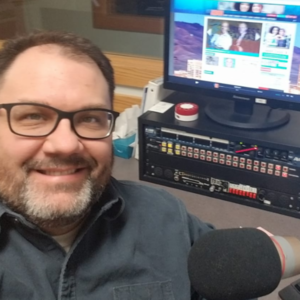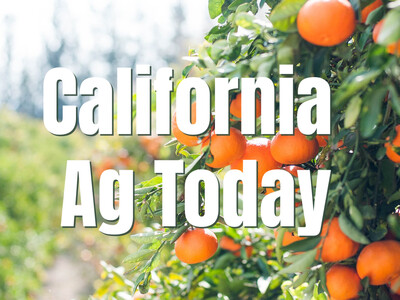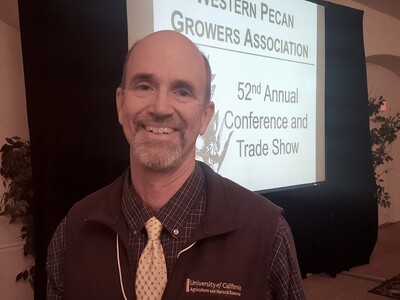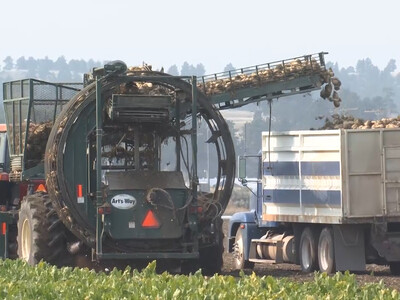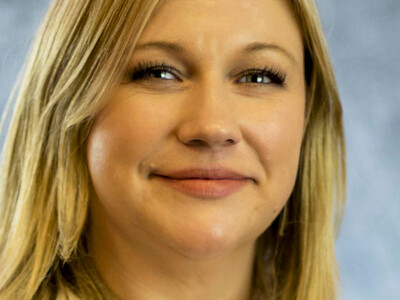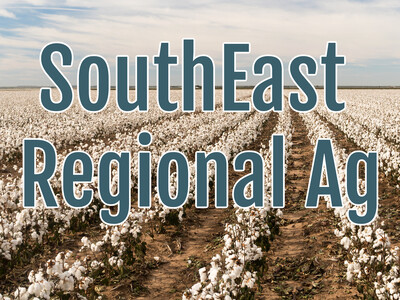Restore Family Agriculture
Mabel Dobbs hopes her granddaughters can take over her ranch one day, but she has doubts.Dobbs got involved in ranching more than 30 years ago when she married her husband, and now owns land on the Oregon border in Weiser, about 75 miles north of Boise. She's also a local organizer with the Idaho Organization of Resource Councils.
Living through the farm crisis of the late 1980s, Dobbs has watched corporate producers take control of the ag market in recent decades, pushing out smaller players. But she says Americans' growing consideration of what they eat gives her hope.
"The individual's point of view – that I want something better than what I've been feeding my family, or I've been eating for my own health benefits – I think we see a change," she says. "In all of these little small towns around here, we have every summer, small farmers markets that run for six weeks, two months, which is a step in the right direction."
She says smaller producers need to get organized, though she admits that can be a frustrating process.
"I say, 'You need to get involved, you need to do something.' 'Well, I don't have time.' Well now they've about run out of time, because now they have no control," says Dobbs.
Dobbs says the expansion of farmers markets and local agriculture are small pieces of the puzzle to give back control to the 16 percent of producers not controlled by large corporations.



